“A map does not just chart, it unlocks and formulates meaning; it forms bridges between here and there, between disparate ideas that we did not know were previously connected.”
I was speaking to a tried, trusted and true friend on the phone recently, and we ended up having one of those hours-long, rambling, “but there’s really something so…” and “what’s just ridiculous is…” talks. Who knows whether it was the shock of actually speaking, rather than texting, or tweeting, or tapping Morse Code down a string between tin cans – but it turned into one of the big talks.
You know the ones. The talks where you turn the universe inside out, and sideways. Where you work out where everything started to go wrong; or as it may be, if you are very fortunate, where everything started to go right.
These talks aren’t for the faint-hearted, or the faint of friend, for that matter. If you are lucky enough to have someone(s) to talk to in this manner, I encourage you to hold onto them and never let go. Because what these talks do, these friends do, and sometimes, if you are amazingly, astonishingly lucky, a love does, apart from make you laugh, cry, and – in my case, snort, and on occasion, vomit a little in my mouth – is help us find our way home.
They help us to navigate the hidden, the secretly held, the inner-most maps of our hearts. They are part of our compass rose. They guide us.
They give us the means to open up the marvellously shiny, gilded golden cases of outward carelessness we show the world, and to gift fresh, clean thoughts to that which is the true treasure lying beneath; the onion skin-thin parchment of hope and light beating like a steady drum. It’s these explorers of our psyches who chart us forward; creating new paths and frontiers, driving our best and true selves, our souls, our minds, onwards, ever onwards.
Being privy to that map doesn’t simply mean the chance to play at being Captain Jack Sparrow, Hook, or the Dread Pirate Roberts, and say ‘savvy’ a lot. Or wear black convincingly and well, and know what Iocaine powder is, for that matter. Often, navigating it means giving, rather than taking. It means listening, and listening properly, then stopping the map-owner from attempting to travel into – or more often than not, attempting to revisit – what are nothing more than emotional dead-ends. It’s helping to work out a way back from our cumulative culs-de-sac of the cœur, whether they be personal or professional. Because walking backwards, or facing past glories, is a rubbish voyage for the emotional ventricles, and tends to yield nothing but fraudulent treasure – fool’s gold, if you will.
Sometimes these talks are full of nonsense, and sometimes they’re full of anger, or hurt, or tears – the good and the bad kind. Sometimes it is just about the best pirate jokes (What did the pirate dentist say? ‘Arrrrrrr’) and sometimes it isn’t, but it sure as hell is always dealing with real-life emotions, as well as pieces of eight and parrots.
Besides – we all know – both maps and hearts are not infallible. Together they are the wretched children of a million badly plotted navigational points of relationship memory, combined with our complete inability to leave that foreign country that is the past well alone. As such, anyone who deals lovingly with either or both deserves praise, thanks, and possibly a medal, as well as our undying and fervent gratitude.
Why do we have such an uncanny desire to hold onto a tense seemingly perfect, rather than see our simple present reality, or allow for the possibility of an imperfect, but hopeful, future? Only the human race could create a grammatical construct which reflects discomfort.
That, perhaps, is a subject for the next big talk. It may well make said friend get a bit tense themselves, or, like me, cry, laugh, or even vomit a little in their mouth.
Which is fine…
It’ll help them get rid of the Iocaine powder I put in their coffee.
first published on medium.com 27 april 2016












